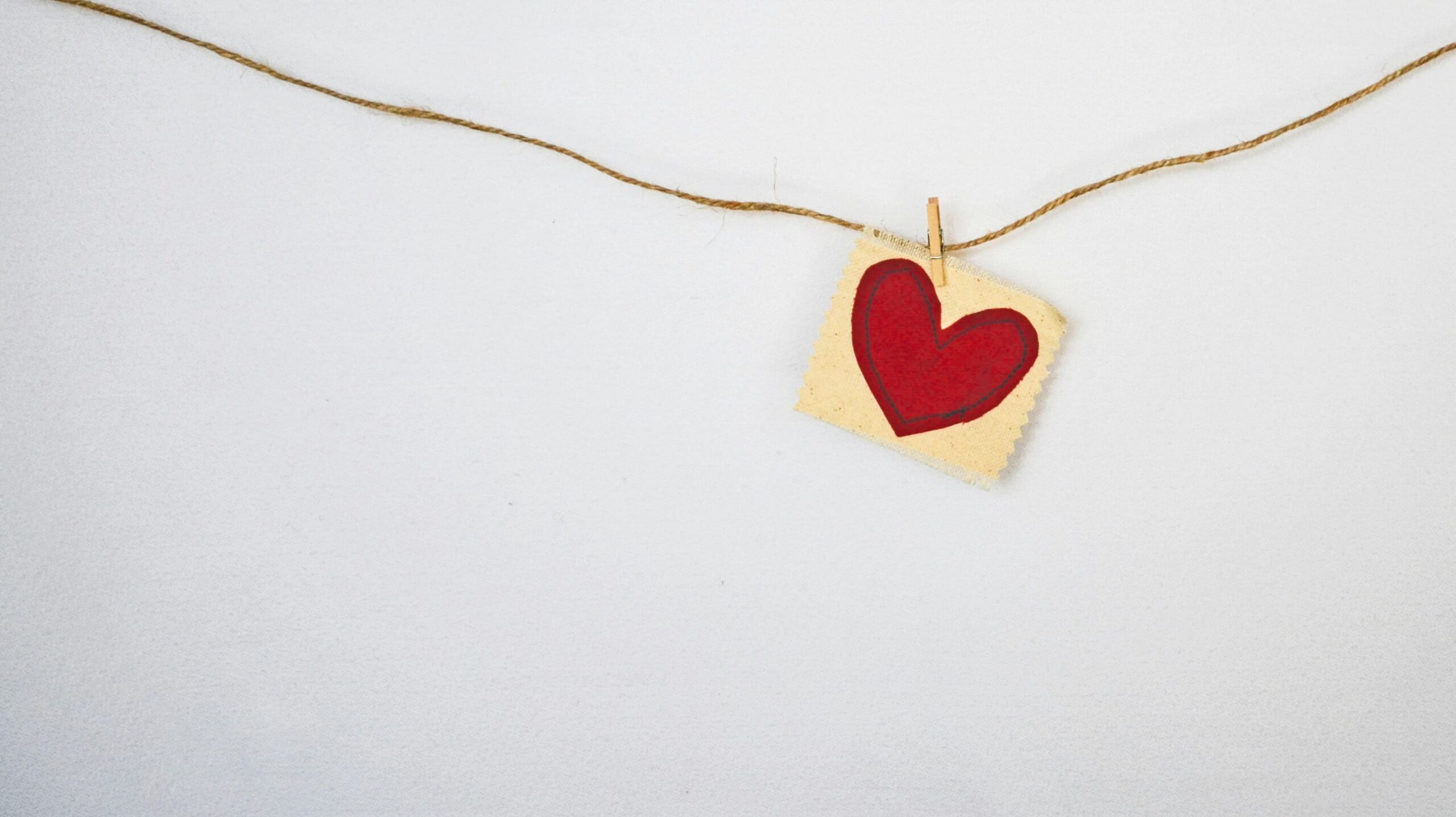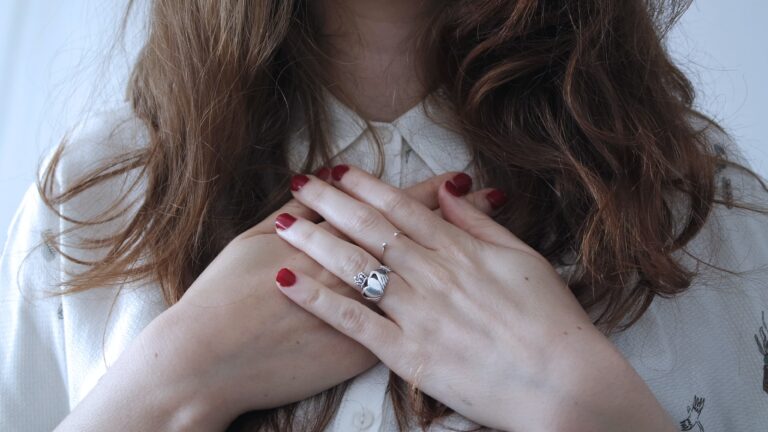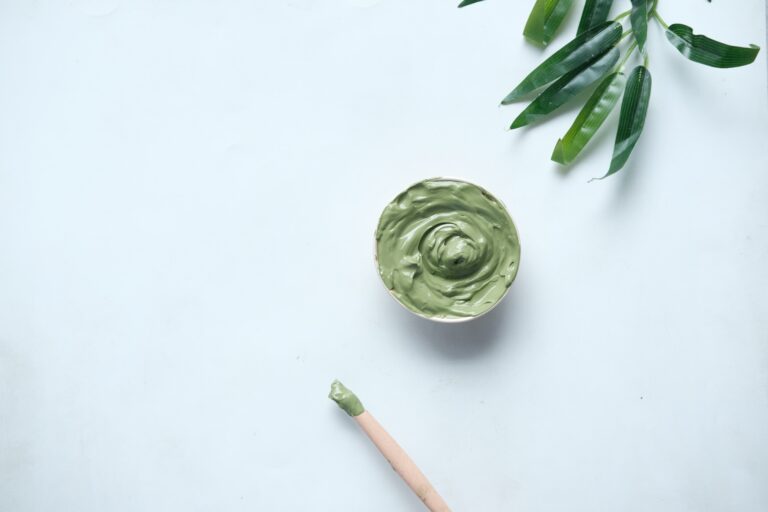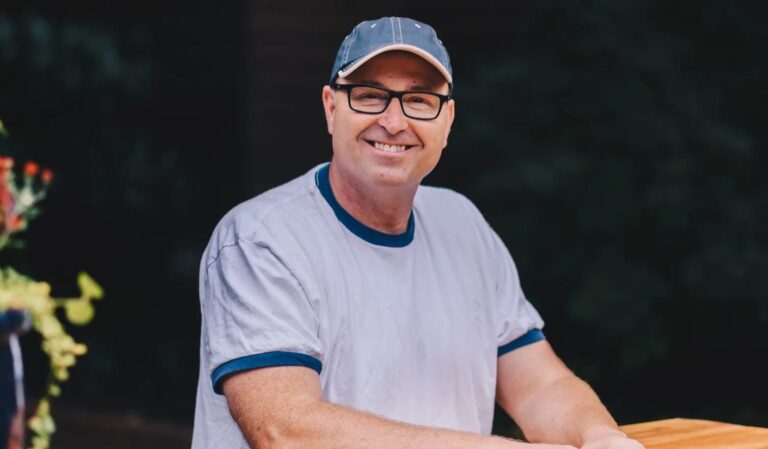Managing Grief: 5 Essential Healing Strategies for Widows
I want to talk about some healing strategies for widows because it’s both deeply personal and vitally important for anyone navigating the aftermath of their spouse’s death.
If there’s one thing I’ve learned on this journey, it’s that grieving the death of your person isn’t linear, and it doesn’t come with a one-size-fits-all manual. It’s messy, it’s tough, and it’s deeply personal. But through all that, there are some common threads that I’ve found—not just in my own story but in the many conversations I’ve had with others walking this path.
So today, I’m going to share some insights that have made a significant difference for me and for many others. This isn’t about prescribing a quick fix; it’s about sharing experiences, offering support, and maybe shedding light on something that could make your journey a bit easier.
Key topics in this episode include:
- The importance of self-talk
- Prioritizing self-care over self-sacrifice
- Embracing and processing emotions
Grab a cup of coffee or whatever comforts you, and let’s talk about navigating this incredibly challenging part of our lives with a little more understanding and a lot more compassion—for ourselves and each other.
Listen to the Full Episode
Links + Resources From This Episode
- Are you searching for emotional support, practical advice, and guidance on navigating widowhood? Join us in the Widow Squad membership
- Follow us on Instagram and subscribe to our YouTube channel
1. Heal the Way You Talk to Yourself
Honestly, when Dave died, it felt like my world turned upside down. Suddenly, it was just me and our boys, and let me tell you, it was rough.
I’ve always thought I was pretty strong, but losing Dave? That tested every bit of that strength. And here’s something I didn’t expect—I started noticing how tough I was on myself. We’re talking really harsh. Dave and I, we were a team, right? And when he wasn’t there anymore, it hit me: the way I was talking to myself wasn’t doing me any favors. It was like I was kicking myself when I was already down.
So, I tried something—a bit out there, but stick with me. I recorded myself saying some genuinely nice things about me.
Sounds weird, right?
But here’s the thing: listening to those recordings, hearing my own voice being kind to me, it was a game-changer.
I’d play them back, especially on the tough days, and it was like having a mini cheerleader in my pocket. It helped shift that inner voice from being my own worst critic to something more like a supportive friend.
It’s not about being delusional or ignoring the pain. It’s about giving yourself the same kindness and support you’d offer a friend going through a rough time. And believe it or not, it makes a difference.
So, if you’re being hard on yourself, maybe give it a try. Record those kind words, listen back, and let that kindness in.
It’s one small step, but it’s a step toward healing.
2. Heal the Part of You That Thinks Putting Yourself First is Selfish
Here’s something I had to learn the hard way, and I mean, the really hard way.
After Dave died, my life became this juggling act. Picture this: working full time, getting dinner on the table, managing the bills, tackling the endless grocery shopping, and oh, let’s not forget the whirlwind of solo-parenting—homework, carpool, basketball games, soccer practices… you name it. I was trying to keep all these plates spinning, and honestly? It was just impossible. I mean, seriously, how was I expected to do all of that and not drop a single plate?
Spoiler alert: I couldn’t.
I found myself constantly running on empty, putting myself last on my endless to-do list, and guess what? That didn’t work out so well. I hit what you might call rock bottom. That’s when it hit me—I had to make a change. A big one.
So, I made this bold decision to start putting my needs first. Sounds simple, right? But for anyone who’s been there, you know it feels like you’re trying to rewrite the laws of physics or something. It felt almost rebellious, like I was breaking some unwritten rule that said putting yourself first is selfish.
But here’s the kicker—it’s not.
Once I started filling my own bucket first, everything shifted. It wasn’t overnight, but slowly, I became a more caring, more present, and yes, a more effective parent to my boys. Turns out, self-care isn’t just about indulging yourself; it’s about equipping yourself. It’s about making sure you’re not running on fumes when everyone else needs you.
Let me lay it out straight—self-care is not selfish. It’s necessary. It’s like, if you’re not taking care of you, how in the world are you supposed to take care of anyone else? And it’s not just about bubble baths and spa days. It’s about making sure your needs—emotional, physical, spiritual—are met. It’s about giving yourself permission to rest, to say no, to do whatever it is that refills your tank.
So, if you’re out there thinking you’ve got to put the world before yourself, let me be the one to tell you: it’s okay to put yourself first. Actually, it’s more than okay—it’s crucial. Because when you’re taken care of, everything else starts to fall into place.
Trust me on this one.
3. Heal the Way You Think About Challenging Emotions
Now, it might sound a bit like what everyone’s saying these days, but hear me out because it’s solid gold: you’ve got to “feel your feelings.”
Yeah, I know, it sounds like something straight out of a self-help book, but stick with me.
As a new widow, my emotions were like a pinball machine—bouncing all over the place. And honestly, dealing with them felt like one more thing on my already overflowing plate. I mean, who has time to sit and unpack their feelings when there’s mac & cheese to be made and new math to learn so you can help with homework, right? My initial thought? Deal with my emotions? Ha! As if there’s room for that.
But here’s the thing I learned: avoiding those challenging emotions doesn’t make them go away. It actually does the opposite. It’s like when you’re trying to ignore a telemarketer call—it just keeps ringing and ringing, disrupting your peace. So, I decided to try something different. I gave myself permission to just sit with my feelings, to really dive into them, no matter how uncomfortable it was.
And let me tell you, it was no day at the beach. It was tough, and it was messy. But something incredible happened when I allowed myself to just feel whatever was coming up. Those emotions? They moved through me. They didn’t set up camp and take over my life like I was afraid they would. By facing them head-on, I started feeling less stuck. I began to regain the confidence I thought was lost for good.
It was like I was still “me,” but also, I was changing. I was shedding parts of myself that weren’t helping—those bits that were all about being hard on myself. And in their place? I was growing a new layer of compassion, not just for others, but for me, too.
This whole “feeling your feelings” thing—it’s about giving yourself the space to heal, to understand that it’s okay to be a mess sometimes. Because it’s in those messy moments that we find our strength and learn to be kinder to ourselves.
We start to see that it’s possible to be broken and whole at the same time. That’s the beauty of this journey. It’s not about getting back to who you were before the loss; it’s about becoming who you are meant to be after it.
So, if you’re shoving those tough emotions into a corner, thinking you don’t have time for them, I’m here to tell you, it’s worth making the time. It’s not just about healing; it’s about transforming.
And trust me, on the other side of those feelings?
There’s a version of you that’s more compassionate, more resilient, and more you than ever.
4. Heal Yourself – You Don’t Always Have to Push So Hard
Let’s tackle something that I bet we all need to hear more often, especially when navigating through the fog of grief: You don’t always have to push so hard.
Seriously, this is a big one.
Life, with all its ups and downs, doesn’t pause. It keeps rolling, day in and day out, and sometimes, it feels like we’ve got to keep up or get left behind. But here’s a little nugget of truth I’ve come to realize—taking a break, doing something that genuinely feeds your soul, isn’t just okay; it’s essential.
When was the last time you really checked in with yourself? I mean, really asked yourself, what makes me feel good? What do I need right this second?
It sounds simple, but how often do we do it? We’re so caught up in the hustle of getting through the day, especially after losing a partner, that we forget to listen to what our body and heart are whispering to us.
So, what’s it saying? Maybe it’s telling you, “Hey, I could really use a nap,” or “I need to just step outside and take a deep breath of fresh air.” Or it might be saying, “I need a good, long hug,” or “It’s time to call up a grief ally and just talk it out.”
Whatever it is, give yourself permission to listen and then act on it.
I’ve been there, thinking I had to keep all the plates spinning, all the time. But here’s the thing—moving through grief, through this monumental change in your life, it’s hard. And you’re doing an incredible job at it, just by being here, by facing each day. But you don’t have to be “on” all the time.
It’s not just okay to take a step back; it’s necessary.
Give yourself the space to breathe, to feel, to just be.
Go easy on yourself.
There’s this idea out there that we have to be superhuman, that showing ourselves kindness and patience is somehow a sign of weakness. But trust me, it’s the exact opposite. Loving yourself through this, allowing yourself moments of rest and joy, that’s where your true strength lies.
Remember, healing isn’t a race. There’s no finish line you’re trying to cross. It’s more like a meandering path, with plenty of spots to pause, look around, and just take it all in.
So, next time you feel that push to keep going when you’re already running on empty, ask yourself what you really need in that moment. And then, do it. Because you deserve that kindness.
You deserve to move through this at your own pace, with all the gentleness and love in the world.
5. Heal the Way You View Grief and Loss
And here we are, at our final point, and it’s a biggie: It’s about rethinking the way we view grief and loss itself.
Dave’s death was a seismic shift in my life, a before and after moment that forever changed who I am.
But here’s the thing—I didn’t just change; I grew. I became more compassionate, not just towards others, but towards myself. I learned to trust my intuition, to really listen to that inner voice when making decisions.
And maybe most importantly, I learned it’s okay to ask for help.
This journey of grief, it’s taught me that it doesn’t have to be just about loss. It can also be about discovery—discovering strength you never knew you had, discovering new depths of compassion, and discovering that, even in the midst of grief, there’s room for hope.
Yes, grief and hope can coexist. It’s not easy, and yes, it takes work, but it’s possible. And you don’t have to do it alone. There are people out there, myself included, who’ve walked this path and can help guide you through.
I want you to know something really important. Feeling joy, thriving, living a beautiful life—it’s not just something for others. It’s your birthright, too. Even after a devastating, life altering loss, you can find a way back to joy. It’s not about forgetting; it’s about weaving your loss into the fabric of who you are now, and moving forward with that knowledge, that love, and yes, that pain, as part of your story.
Wrap Up
So, as we wrap up today, I want to leave you with this: take care of yourself.
Really, truly take care of yourself. Your journey through grief is uniquely yours, but you’re not alone on it. There’s a whole community here, ready to support you, to lift you up, and to walk with you towards that light of hope and joy.
Remember, healing is not just about moving past loss; it’s about moving forward with it, letting it shape you into someone who understands the depth of sorrow, the strength of survival, and the possibility of joy that lies ahead.
So take care of yourself, because you deserve every bit of compassion, love, and joy that life has to offer.







